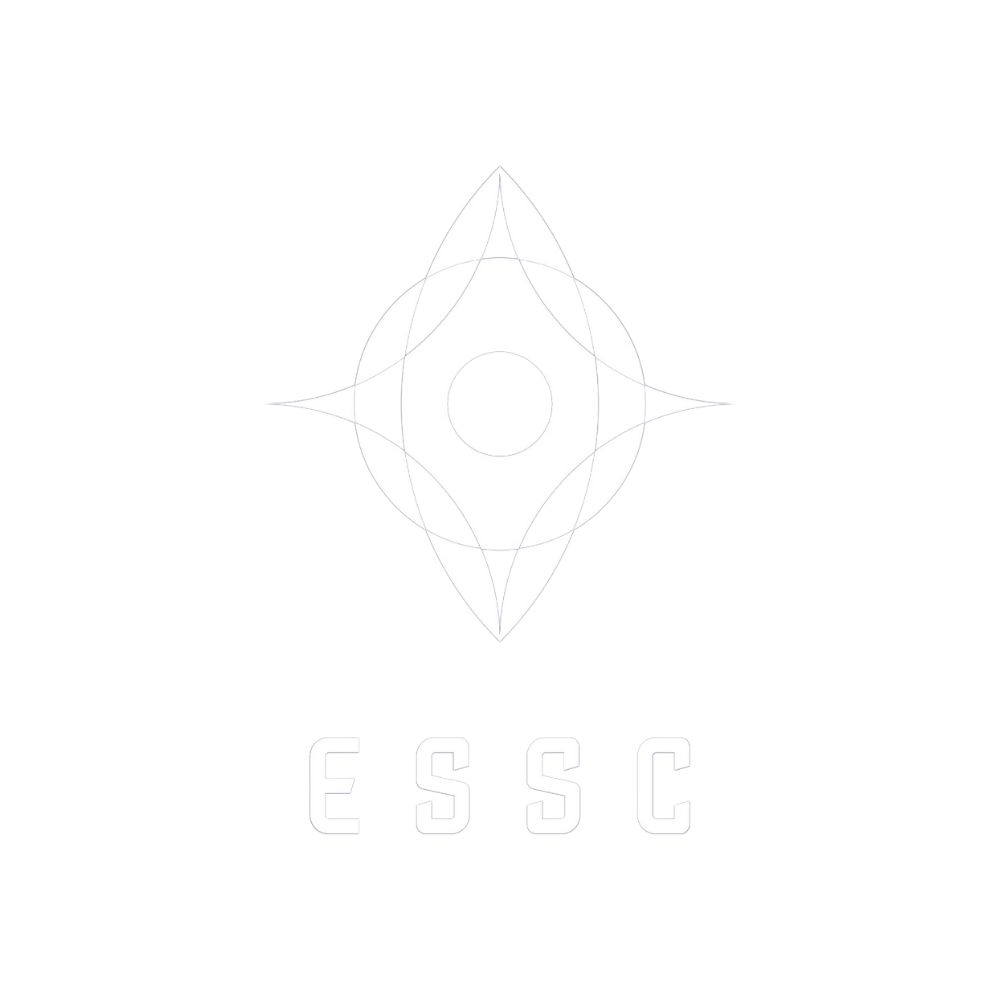Towards a European calibration and validation service for earth observation
March 02, 2020
A special report from international experts, led by the European Science Foundation’s European Space Science Committee, calls for the creation of a European coordinating entity for satellite product calibration and validation.
The study was coordinated by Sindy Sterckx and involved several members of the ESSC Earth Sciences Panel and international experts.
Sindy Sterckx explains: “It is important that the criticality of Cal/Val (Calibration and Validation) activities is fully recognized to ensure that quality expectations of the science community and end-users are met”.
Dr Athena Coustenis, ESSC Chair, said: “The ESSC is keeping abreast with recent developments in all space sciences and provides focused studies on timely subjects of interest to the community. Cal/Val is one of the most important elements currently necessary for the exploitation of Earth observation data”.
Why a European coordinating entity for the Cal/Val of Earth Observation data is important
At the last ESA Council Meeting at Ministerial Level, called Space19+, the member states agreed to provide more than 2.5 billion euros to Earth Observation programs over the next three years, including more than 1.8 billion euros for the Copernicus program, which is a record over-subscription of 29%. The Copernicus services depend strongly on the quality of the Earth Observation data being delivered. Hence the effectiveness of this investment depends critically upon sustained Calibration and Validation (Cal/Val) activities.
Whilst significant effort is made to ensure that every satellite sensor is well-calibrated, characterised, and traceable to international standards before launch, the severe conditions during launch and the harsh environment of space can impact sensor’s performance. Therefore, Cal/Val efforts do not end at launch. Cal/Val activities have to be maintained throughout the mission and after the mission’s lifetime in view of the creation of long-term consistent climate data records (CDRs). To this end, missions rely on additional measurements of fiducial quality and comprehensive in coverage both spatially and temporally to assure that the satellite product accuracies are met. These Fiducial Reference Measurements (FRMs), are needed to address both primary physically based measurands as well as derived bio-geo-physical parameters.
Cal/Val can in principle be obtained from a mix of aircraft, UAV, balloon and ground-based measurement techniques. The European Space Agency (ESA) has initiated a number of projects with that purpose. Similarly, the EU has supported numerous projects to develop strategies and methods to the same end, including GAIA-CLIM, QA4ECV, Fiduceo, and METEOC.
Indeed, while these projects have significantly advanced the state of the art, the principles and methods that should be followed, sustainable long-term comprehensive Cal/Val has yet to be achieved. In many cases, reliance is made on ad-hoc national/regional funding programmes or campaigns, which are tied to specific short-term objectives or to the life of individual missions.
As the EU Copernicus program evolves, it is time to take decisions on a clear ownership of the Cal/Valservice at a European level. Delineating the roles of the European Commission (EC), space agencies and member states in long-term Cal/Val would provide clarity.
Earth Observation is rapidly evolving with the emergence of new actors and new technologies including innovative constellations of Cube- and Nano-satellites. The opening of new markets and opportunities is adding complexity and increasing the urgency with which Cal/Val must be optimised. At present, however, there is little quality assurance or transparency to ensure the customer can judge between products in a fair and open manner. The means to independently assess and validate products ensuring that European entrepreneurs have an open marketplace in which to offer services in a competitive manner requires good public infrastructure to independently assess quality.
Similarly, constructing accurate long-term climate records places increasing demands on the necessary accuracy, and research to meet the uncertainty and decadal stability requirements for many parameters. This is urgently needed and should be carried out in a coordinated manner to minimise duplication of effort.
It is therefore imperative and timely that Europe takes a leadership role in ensuring a higher level of coordination of EO-related Cal/Val activities. This would benefit all Copernicus services, including the climate service, and will ensure the legacy of the largest cohesive global monitoring programme.
The full report titled “Towards a European Cal/Val service for earth observation” [1] is featured in the International Journal of Remote Sensing. It is available in Open Access under a Creative Commons CC BY-NC-ND 4.0 licence.
[1] Sindy Sterckx, Ian Brown, Andreas Kääb, Maarten Krol, Rosemary Morrow, Pepijn Veefkind, K. Folkert Boersma, Martine De Mazière, Nigel Fox & Peter Thorne (2020) Towards a European Cal/Val service for earth observation, International Journal of Remote Sensing, 41:12, 4496-4511, DOI: 10.1080/01431161.2020.1718240
